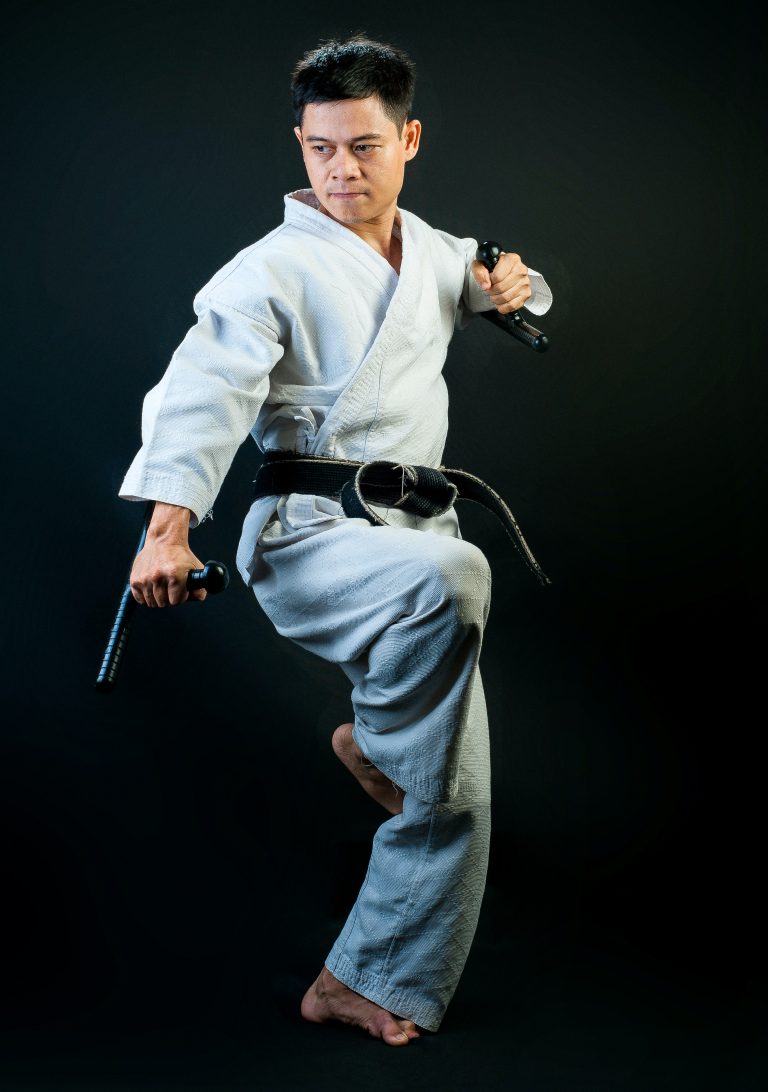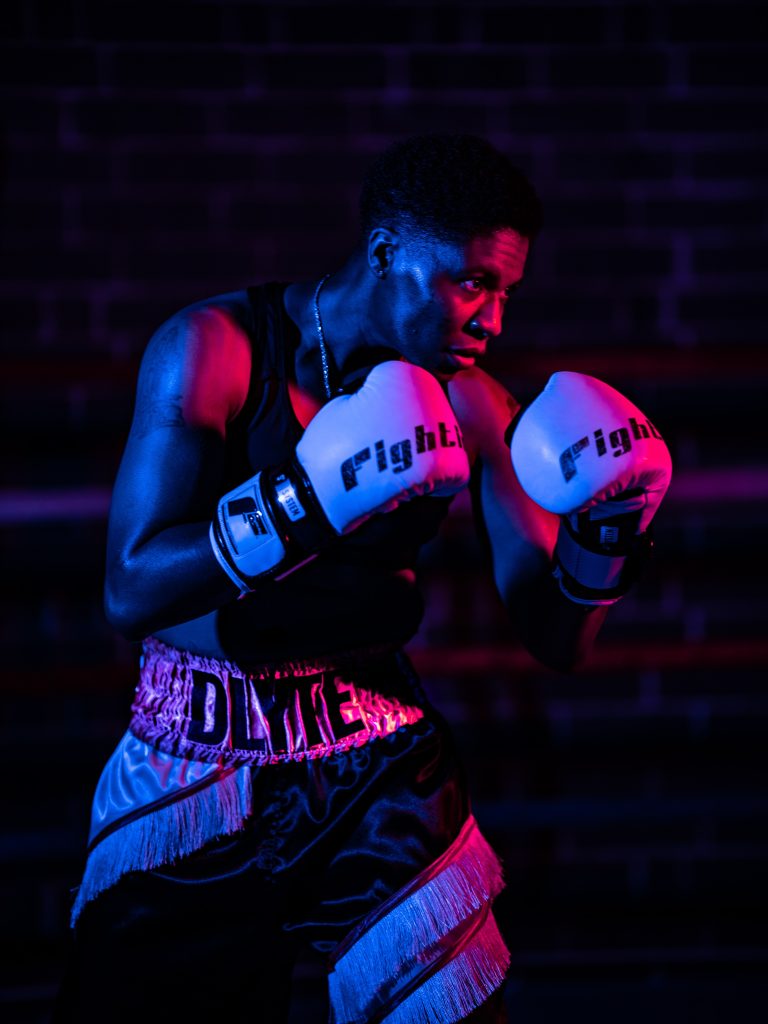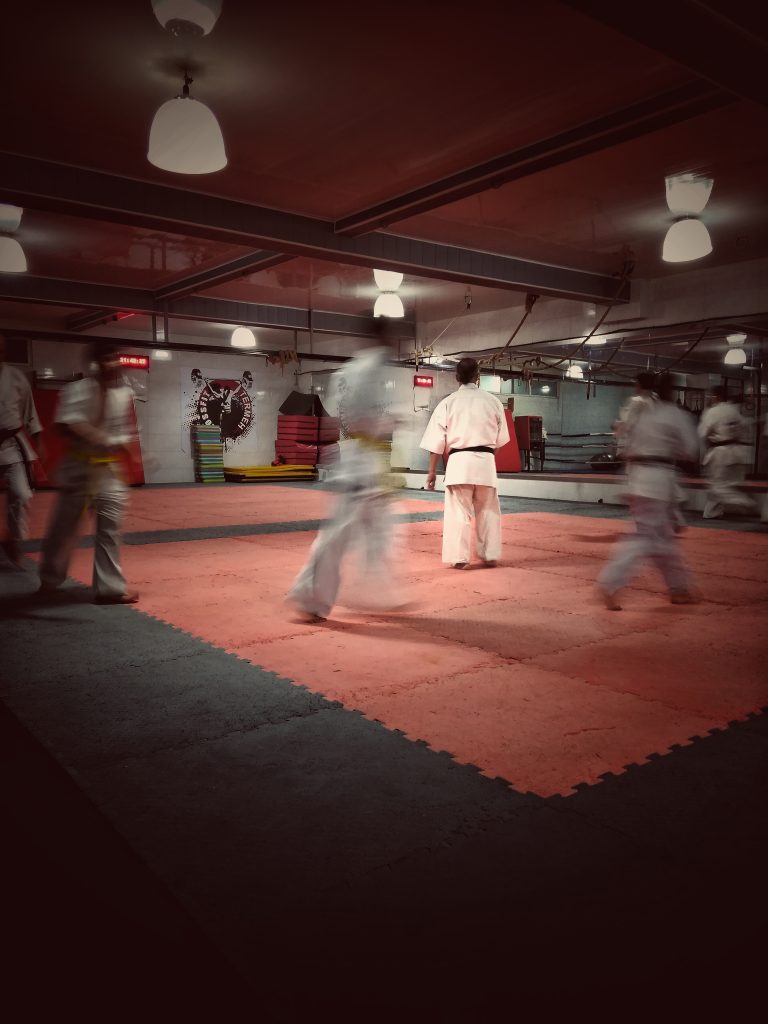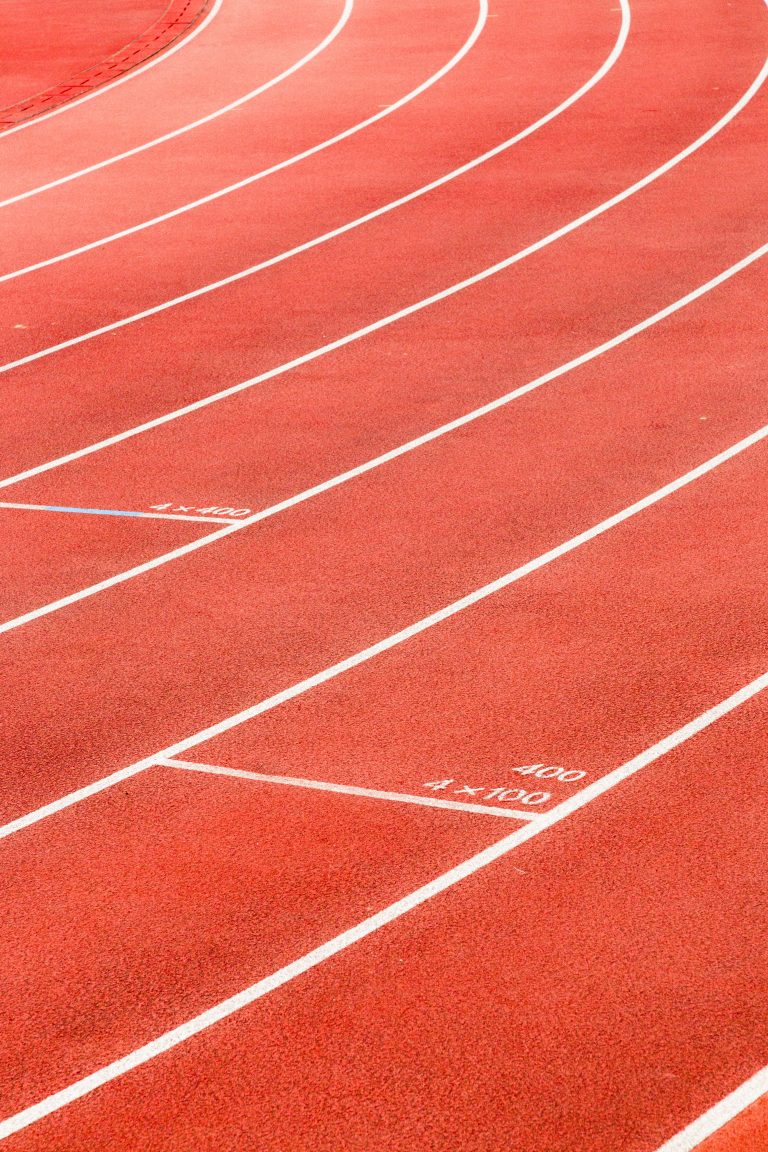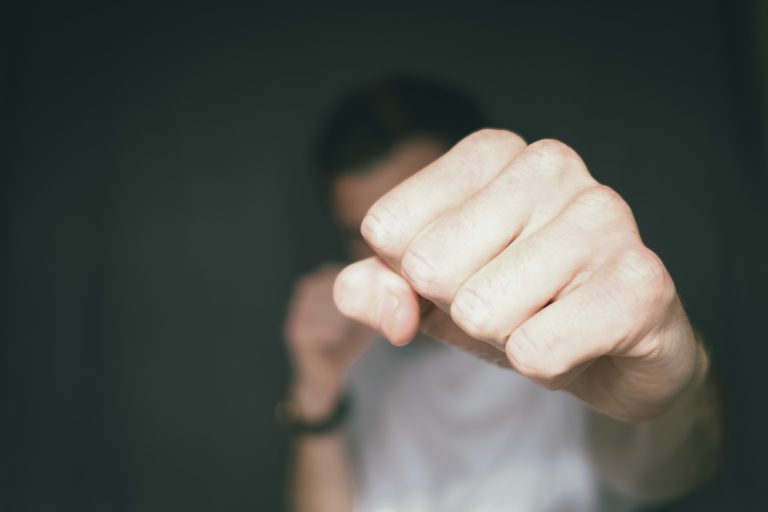Karate training: Not for the faint of heart?
Karate is known as one of the most physically and mentally demanding martial arts. Its training regimen involves a wide range of techniques, including kicks, punches, throws, striking, and blocking, each requiring strict discipline and endurance.
Many people assume that karate is all about brute force, but the reality is much different. Karate training is based on the principles of self-defense, self-discipline, and self-improvement. Karate’s training extends beyond the physical and delves into mental, emotional, and spiritual training as well.
The Physical Demands of Karate Training
Karate training mainly focuses on developing strength, speed, and agility. Karate practitioners must have strong core muscles to support the movements, especially when performing high kicks and intense punching combinations.
Furthermore, karate training stresses the importance of flexibility. Stretching boosts the range of motion of muscles and joints, thereby helping karatekas execute rapid, fluid movements.
Karatekas need to have a high level of cardiovascular endurance. Training sessions mostly involve multiple rounds of pyramids, endurance training, speed drills, and kata performance, with little downtime between them. Endurance is key when one has to keep pushing through to the end without getting tired.
The Mental and Emotional Demands of Karate Training
Karate training is not just about building physical stamina but also about cultivating a resilient mindset. Karatekas must learn to control emotions and understand themselves better.
Mental toughness is essential in karate training. Karatekas must keep a clear and focused mind no matter what distractions come their way, maintaining their balance and focus every time.
Moreover, Karate training strives to embody the principles of Zen, which promotes the idea of inner peace and balance. A Karateka’s mind must be calm and peaceful even when under attack. This applies to our everyday lives, and karate training instills these principles in its practitioners to exhibit them outside the dojo.
The Spiritual Demands of Karate Training
Karate training is not just a physical and mental experience but can develop into a highly spiritual practice as well. The development of spirituality is achieved through the study of the five main principles of Karate: Respect, Discipline, Harmony, Humility, and Perseverance. By nurturing these virtues, Karatekas will live a life that values not only the self, but others as well.
Respect is essential for karatekas to have a deep regard for their community and mentors, which fosters respect for their fellow beings. Discipline is also crucial in the sense that Karatekas will be able to keep themselves in check and apply discipline to other endeavors in life.
Conclusion
Karate training is not for the faint of heart. It requires determination, discipline, and perseverance to see results. The physical attributes developed through karate training will produce a strong and healthy body— but the mind and spirit will benefit even more. By adopting the principles of respect, discipline, harmony, humility, and perseverance – Karatekas can develop not just their martial arts skills but also become better people.
Is Karate Training for Everyone?
Karate training is a popular and effective way to improve your physical and mental health. Many people are interested in learning Karate, but hesitate because they feel it may be too difficult or not suitable for them. In this post, we will answer the most frequently asked questions about Karate training and address any concerns that you might have.
What is Karate?
Karate is a martial art that originated in Okinawa, Japan, in the late 1800s. The word „karate“ means „empty hand,“ and it is a fighting style that uses punches, kicks, and strikes, as well as blocks and defensive moves.
Is Karate a good workout?
Yes. Karate is an excellent workout that can help you stay in shape and improve your overall health. It is a perfect mixture of cardio, strength, and flexibility training.
According to a study published in the Journal of Strength and Conditioning Research, karate training can help to improve muscle strength, cardiovascular endurance and agility. It can also help burn calories and improve body composition.
It’s worth noting that your physical activity level determines how much energy you burn when doing Karate training, but you can burn up to 800 calories per hour with an intense session.
How long does it take to get good at Karate?
Karate is not a sport that can be learned overnight. It requires dedication, discipline, and consistent practice to become proficient. The amount of time it takes for you to get good at Karate depends on various factors, such as the intensity and frequency of your training and your natural abilities.
According to a study published in the Journal of Sports Sciences, it takes an average of eight years to achieve a black belt in Karate. However, this varies significantly based on the individual’s training efforts and aptitude.
Is Karate dangerous?
Karate can be dangerous when performed incorrectly or without proper supervision. However, when the correct techniques are learned, taught and applied correctly, Karate is a safe form of exercise that is suitable for people of all ages.
If you want to learn Karate correctly, you should consult a qualified instructor. An experienced instructor can teach you the proper techniques, supervise your progress and ensure everyone’s safety.
Will Karate make me violent?
No. Karate is not about causing harm to another person but defending yourself if necessary. The philosophy of Karate emphasizes respect, discipline, and self-control.
The training focuses on the improvement of the mind, body, and spirit. It promotes mental discipline, self-confidence, and the appreciation of harmony.
Can Karate help me defend myself?
Yes. The techniques learned in Karate can help you defend yourself in serious situations, but they should never be used to provoke or intimidate others.
It is essential to understand that Karate is not a means for instigating a fight, but it is a means of defending oneself from physical harm.
In conclusion, Karate is a great way to stay physically fit and develop self-defense skills. It promotes discipline, respect, and self-confidence. With the right instructor, training can be fun and fulfilling, and it is an activity suitable for individuals of all ages.
Inhaltsverzeichnis


